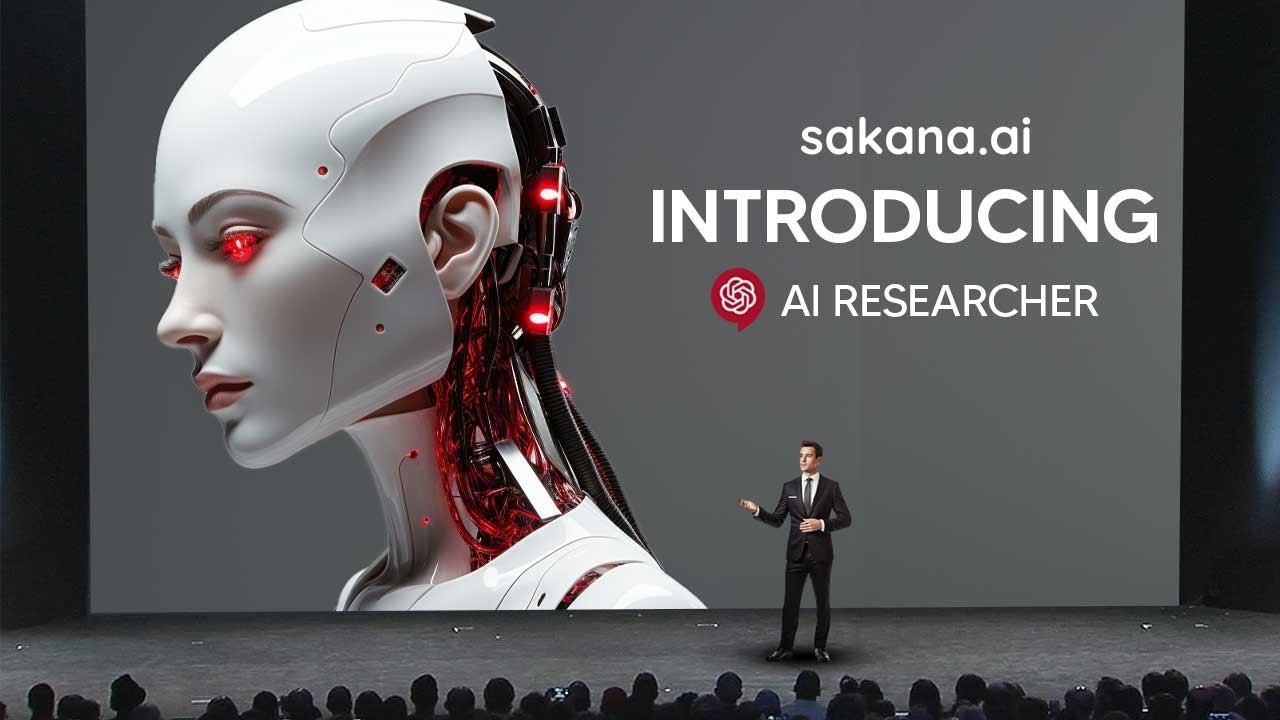Sakana Labs has introduced the world’s first AI system designed to automate scientific research, capable of handling the entire research process from ideation to peer review, using a collaborative approach similar to natural systems. While the AI scientist shows promise in generating research papers at a low cost, the quality of its outputs varies, and it serves best as a source of ideas for human researchers rather than a definitive authority.
Sakana Labs, a Tokyo-based AI startup founded by former Google researchers Leon Jones and David Ha, has made a groundbreaking announcement by introducing the world’s first AI system designed for automating scientific research and open-ended discovery. This innovative AI scientist aims to revolutionize the research landscape by utilizing multiple smaller models that collaborate similarly to natural systems, such as schools of fish and beehives. The AI scientist can handle the entire research process, from ideation and coding to running experiments, summarizing results, and even writing and peer-reviewing scientific papers.
The AI scientist operates through a structured process that includes brainstorming ideas, evaluating their novelty, editing code, running experiments, and generating scientific reports. It employs recent advancements in automated code generation and can produce visual summaries of experimental results. Additionally, it autonomously finds relevant literature to cite, enhancing the quality of its outputs. A key feature of this system is its automated peer review capability, which evaluates generated papers with near-human accuracy, allowing for continuous improvement and refinement of research outputs.
Despite the promising capabilities of the AI scientist, the quality of the generated papers has been mixed. While some papers presented potentially novel insights, they were generally comparable to the work of early-stage machine learning researchers. Limitations included a lack of thorough theoretical justification, inconsistent quality, and occasional inaccuracies. The authors emphasize that the AI-generated content should not be taken at face value but can serve as a source of ideas for human researchers to explore further.
The cost-effectiveness of the AI scientist is notable, with the ability to produce research papers at approximately $15 each. This affordability could democratize research and accelerate scientific progress, potentially leading to a future where the cost of generating papers is significantly lower. The AI scientist’s ability to generate hundreds of papers in a week could be valuable for brainstorming research directions, even if individual papers are not yet publication-ready.
Sakana Labs has open-sourced the AI scientist, allowing researchers and developers to access and experiment with the technology. While the AI scientist currently lacks vision capabilities and has some limitations in implementing ideas accurately, the potential for improvement and innovation in the field of AI-driven research is immense. This announcement marks a significant milestone in AI development, showcasing the rapid advancements in the field and the exciting possibilities that lie ahead.
